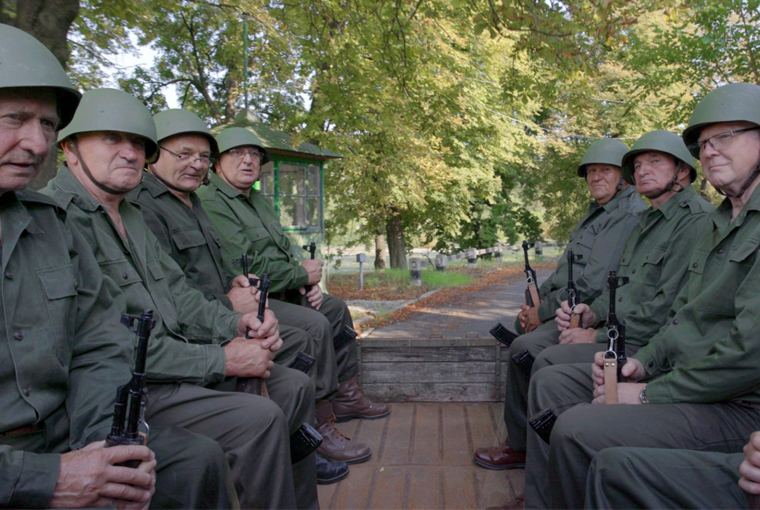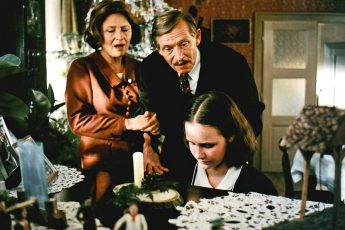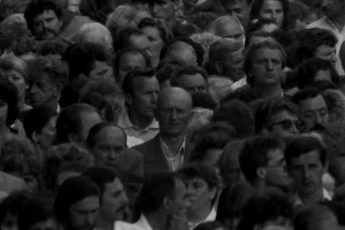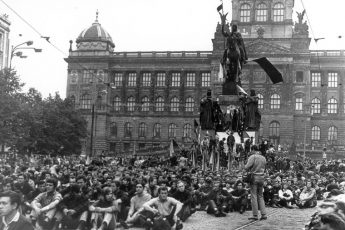
In this month’s issue, we returned to the Prague Spring as part of our media partnership at the goEast film festival in Wiesbaden (April 18-24), where the late 1960s events were commemorated with a special selection of films. Among these films – both new and old -, several address the substantial alienation with post-WWII reality in Czechoslovakia, which was only deepened as a consequence of the invasion of Warsaw Pact troops in 1968. As Anatoliy Koloshin’s propagandistic documentary about the Prague Spring exemplifies (part of the goEast selection), the Soviet authorities did not leave such local unrest unanswered but actively tried to draw up an alternative account of events, which became an important point of reference in the so-called “Normalization” period of post-1968 Czechoslovakia. Then as now, such obvious attempts at disinformation not only lead to an erosion of the truth, which becomes an embattled virtue even in cases where one would expect a consensus. The ill-intentioned activity of misinforming audiences also wrongly suggests that one can instead inform viewers without being historically and ideologically prejudiced. To show that no such view from nowhere is possible is one of the ongoing maxims of our coverage, which is interested not in the postmodern praxis of relativism, but in that of constantly making explicit one’s angle of analysis. We hope that this month’s issue too, will not only provide our readers with insightful readings of the films at stake, but likewise with ideas about what position we currently find ourselves in when remembering the events depicted.
***
Konstanty Kuzma criticizes Occupation 1968, a collective documentary about the Prague Spring, for the way it misidentifies the ghosts that haunt Europe today. Via a reading of Jan Němec’s Oratorio for Prague, Daniil Lebedev draws parallels between the Prague Spring and recent political developments in Russia. Moritz Pfeifer analyzes Maciej Drygas’ Hear My Cry, an attempt to posthumously create a symbol of national resistance. Carlos Kong saw The Man Who Lies, through which Alain Robbe-Grillet addresses the above mentioned activity of eroding the truth. Finally, Colette de Castro returned to Jan Hřebejk’s 1999 Cosy Dens, a lighthearted film about everyday routines leading up to the invasion of 1968.
We hope you enjoy our reads.
Konstanty Kuzma & Moritz Pfeifer
Editors




Hello, the Russian invasion was 21st of August 1968, not 1969. Thank you
Hello Lucie, thank you for your comment, the information has been changed!